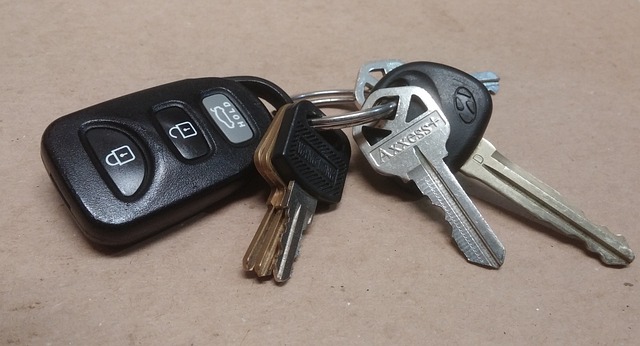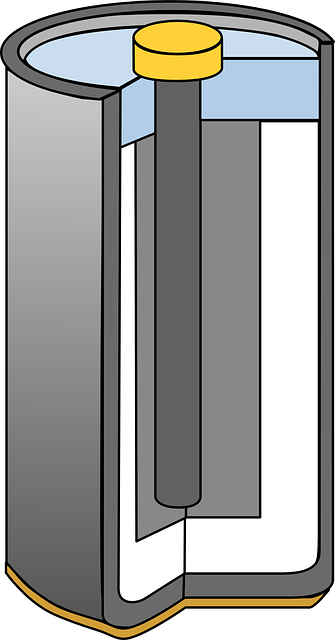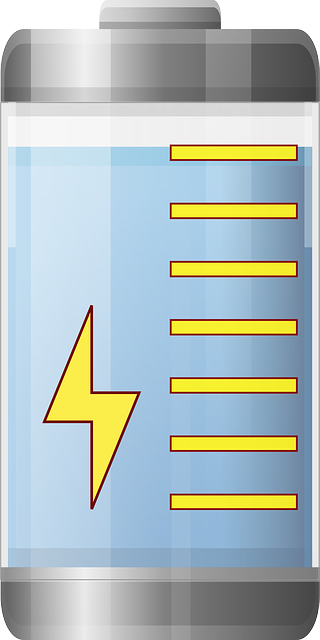Button batteries, prevalent in devices like remote controls and hearing aids, pose a serious health risk for adults if ingested. These batteries can cause severe chemical burns to the digestive tract within hours due to their alkaline content. Symptoms such as abdominal pain, vomiting, and excessive salivation may manifest, necessitating immediate medical evaluation. The key to preventing life-threatening complications like perforation or organ damage is recognizing these symptoms early and acting swiftly for diagnostic imaging or endoscopy to remove the battery. Public awareness campaigns and responsible packaging by manufacturers are crucial in preventing accidental ingestions, particularly among adults. It's imperative for healthcare professionals and the public to understand the risks associated with button batteries and to respond promptly to any suspected ingestion to ensure the best health outcomes.
Recognizing the silent threat within household items is crucial for adult health and safety. This article sheds light on the importance of identifying ingestion symptoms related to button batteries, a common yet hazardous element in everyday electronics. We delve into the dangers these tiny power sources pose, from immediate to long-term health risks, and emphasize the subtle symptoms that may signal their ingestion. Understanding and acting swiftly on these cues can prevent serious complications and ensure timely medical intervention, potentially saving lives. Join us as we explore the critical aspects of button battery safety in adults.
- Identifying the Dangers of Button Batteries in Adult Ingestion
- Understanding the Immediate and Long-Term Health Risks of Swallowed Batteries
- Recognizing the Subtle Symptoms of Button Battery Ingestion in Adults
- Prompt Medical Response: The Importance of Timely Intervention for Button Battery Ingestion
Identifying the Dangers of Button Batteries in Adult Ingestion

Recognizing ingestion symptoms, particularly those related to button batteries in adults, is of paramount importance due to the swift and severe consequences these can cause if not promptly addressed. Button batteries, commonly found in household items such as remote controls, watches, and hearing aids, pose a significant risk when accidentally ingested. The immediacy of danger stems from their high electrical current, which can lead to chemical burns within hours in the esophageal or gastric linings, potentially causing perforation, bleeding, and other life-threatening complications. Therefore, vigilance and awareness among adults and caregivers are essential to prevent such incidents. Early identification of ingestion can be lifesaving; symptoms may include salivation, gagging, vomiting, or abdominal pain, which should prompt immediate medical attention. The severity of the hazard underscores the need for education on battery safety, proper disposal methods, and understanding the symptoms to facilitate swift intervention and minimize the risk of serious health outcomes.
Understanding the Immediate and Long-Term Health Risks of Swallowed Batteries

Recognizing ingestion symptoms, particularly in the case of swallowed button batteries, is of paramount importance due to their potential immediate and long-term health risks. Button batteries, often found in household items such as remote controls and toys, can cause serious harm if ingested. Upon swallowing, these batteries can react with bodily fluids, releasing an alkaline substance that can lead to severe chemical burns in a matter of hours. The immediate medical response is critical; without prompt intervention, the battery can perforate delicate tissues, leading to life-threatening complications.
In the long term, even if the battery passes through without immediate injury, it can still cause significant damage. Tissue necrosis and scarring may occur, which can lead to strictures within the gastrointestinal tract, affecting digestion and nutrition absorption. Moreover, there’s a risk of recurrent obstruction, necessitating ongoing medical surveillance and potentially multiple surgeries. Recognizing the signs of battery ingestion—such as abdominal pain, nausea, vomiting, or lethargy—and seeking immediate medical attention can prevent these long-term consequences. Therefore, public awareness campaigns and educational materials should emphasize the dangers of button batteries and provide clear instructions on what to do in case of ingestion. This knowledge empowers adults to protect themselves and their loved ones from the potentially catastrophic outcomes associated with swallowed button batteries.
Recognizing the Subtle Symptoms of Button Battery Ingestion in Adults

Recognizing the subtle symptoms of button battery ingestion in adults is crucial for timely medical intervention. Adults may be at risk due to the increasing presence of these small, powerful batteries in everyday devices such as hearing aids, remote controls, watches, and various electronic gadgets. When ingested, these batteries can cause significant damage if not identified and addressed promptly. The symptoms may initially be mild and easily overlooked, including a sense of something stuck in the throat, minor abdominal pain, or gastrointestinal upset. These signs can be mistaken for less serious conditions, potentially delaying the necessary care. Healthcare professionals should maintain a high index of suspicion when presented with these symptoms, as the alkaline content within button batteries can lead to rapid caustic injury and perforation through the gastrointestinal tract. Early recognition and diagnosis via imaging studies like an X-ray or CT scan can prevent the progression of harm and are essential steps in managing this type of ingestion.
Prompt identification and treatment of button battery ingestion are vital, as the consequences can be severe and even life-threatening. Adults who have accidentally ingested a button battery should seek medical attention immediately. The longer the battery remains in the digestive system, the higher the risk of chemical burns and potential complications such as obstruction or perforation. Awareness campaigns targeting adults can help in educating them about the risks associated with these batteries and the importance of immediate action upon ingestion. It is also imperative for manufacturers to ensure that button batteries come with clear safety warnings and that child-resistant packaging is effective in preventing access to young children, as they are equally at risk for ingestion. By fostering awareness and prompt response, adults can be better protected from the hazards of button battery ingestion.
Prompt Medical Response: The Importance of Timely Intervention for Button Battery Ingestion

Recognizing the ingestion of button batteries by adults is critical due to their potential to cause significant harm if not addressed promptly. These small, coin-sized batteries can be found in various household items such as remote controls, musical greeting cards, and hearing aids. When ingested, they can lead to severe chemical burns within hours due to the alkaline substances they contain. The body’s tissues react rapidly to the caustic nature of these substances, which can result in life-altering damage to the digestive tract or other organs if left untreated. Prompt medical response is essential; every minute counts in mitigating the risks associated with such ingestion. If suspected, it is imperative to seek immediate medical attention to undergo proper diagnostic procedures and treatments that may involve endoscopy to locate and remove the battery. The swift intervention can prevent serious complications and reduce the risk of long-term health issues. Adults should be aware of the potential dangers of button battery ingestion and know the symptoms, which include abdominal pain, vomiting, and lethargy, among others. Understanding the gravity of the situation and acting decisively can make a significant difference in the prognosis for those who have accidentally ingested these batteries.
Recognizing the subtle symptoms associated with button battery ingestion in adults is pivotal for timely intervention and effective treatment. As detailed, the risks posed by these batteries extend beyond immediate danger to encompass significant long-term health consequences. Prompt medical response upon identifying a potential ingestion is crucial for mitigating these risks. By understanding the signs and seeking immediate care, adults can avoid the serious complications that can arise from such an event. Vigilance in recognizing button battery ingestion symptoms ensures better health outcomes and underscores the importance of awareness within the adult population.



